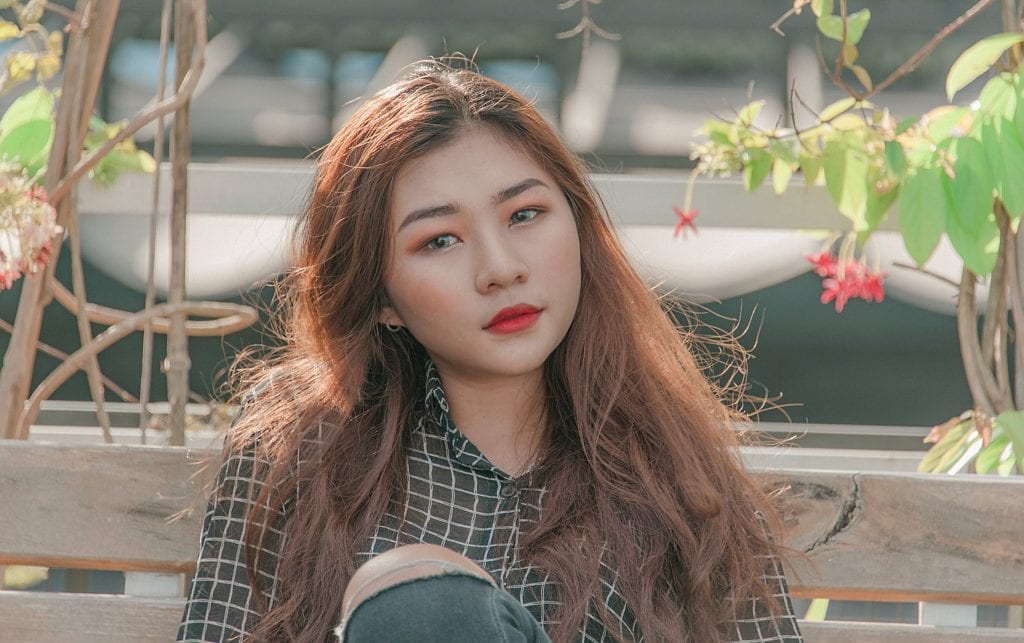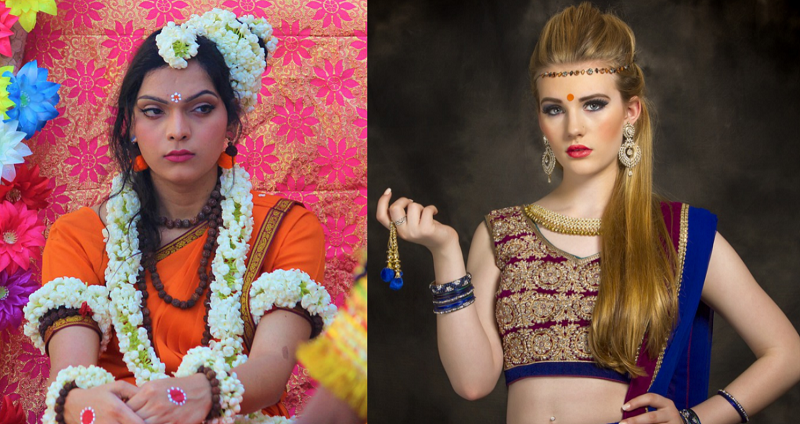Dear White People: Stop Using Asians To Excuse Your Racism Towards Asian Americans
Editor’s Note: Jin Hyun is a Korean-American journalist. The views expressed in this piece are solely her own.
“Ni hao”, “Oh wow, your English is so good”, “where are your people from?”

It’s become almost impossible to find an Asian American who has not heard these words at least once in their lives.
Asian people who live outside of Asia experience discrimination every day. Acts of micro-aggression from White people become daily parts of our lives, from strangers shouting “ni hao” to condescending encounters where they are immediately amazed by our ability to speak English. We are constantly reminded that we are foreigners and will never be accepted as “real” Americans or Brits.
Whenever White people enrage ethnic minorities with insensitive comments or acts of blatant racism and cultural appropriation, their first course of action seems to be searching for the token minority who will help justify their mistakes. And when this mistake involves the Asian community, this justification almost always comes from Asian people who have lived in their home country for their entire lives with very minimal and superficial interaction with foreigners.
Asian people in Asia may experience brief racist encounters with tourists but it is far from an equal comparison. They do not live under laws that directly disadvantage them for their race. They do not have to suppress their emotions daily to peacefully coexist with their White peers. Most importantly, they do not feel the direct aftereffects of the Japanese internment camps, the Chinese Massacre of 1871, and the decades of rampant anti-Asian sentiment. This is not to belittle or discredit their experiences but to establish that to consult an Asian person in Asia for issues that concern Asian people in western countries is irrelevant. Just because we share an ethnicity does not mean we share the same experiences — we are not all the same.
White people across the internet fail to see this far too often. To them, Asian people living in Asia are more authentic, they have the supreme authority on deciding what is right and wrong regarding racism. But how can people who don’t directly experience racism every day judge what is appropriate? Cultural appropriation does not affect Asians who are living in Asia, so it’s no wonder they aren’t bothered by it.

When Katy Perry was criticized for her 2013 American Music Awards performance in which she appropriated Japanese culture, White people across Twitter were quick to label Asian Americans as “snowflakes”. Simultaneously, they justified the singer’s actions by using the words of “real” Japanese people living in Japan who were satisfied with the performance and happy to see westerners adopting Japanese culture. And as these Japanese people were rallying with ignorant White social media users, instead of against them, they failed to see that they were being used as the “token minority” to justify bigotry.
With limited exposure to racism inside this bubble, it can be easy to fail to see the bigger repercussions of micro-aggressions and perpetuating otherness, and it’s even easier to dismiss the possibility completely.
It’s also important to note that many people in Asian countries often aspire to be proximal to Whiteness. I saw this first hand when I visited South Korea over a year ago as complete strangers approached me to comment on my monolids and ask why I haven’t considered getting double eyelid surgery. I met a saleswoman in a makeup shop who relentlessly insisted I purchase lighter foundation to make my face appear Whiter, and I even saw my own family members look at me with confusion when I refused to edit my photos to make my skin look paler.
Growing up in Asia, there is very limited interaction with Whiteness so it’s almost natural to fail to understand the racial dynamics in western countries, yet the desire to fit into western beauty standards persist due to influence from western media. This limited exposure to interaction with people of other races allows them to easily excuse cultural appropriation.
Asian children in western countries grow up being mocked for their ethnicities and often live having to hide their Asian-ness to avoid bullying and racial abuse. This does not mean they are ashamed of their race, but rather use this as a method of self-preservation. I would love nothing more than to be able to freely express my Korean identity, but I know the amount of ridicule and scrutiny I would be exposing myself to. So, I grew up purposely White-washing myself, avoiding ethnic foods and clothes in front of my White peers so I could lead a neutral existence.
This becomes especially infuriating when our White counterparts begin wearing Asian tradition dress such as Kimonos or Hanbok because it suddenly becomes trendy in western fashion. When White women walk around in ethnic clothes, it’s seen as elegant and edgy; when Asian women embrace their own cultures, they’re fetishized and often treated as submissive beings who don’t speak English. This is the very nature of the problem with cultural appropriation.

White people need to realize that their job is not to justify their problematic actions, but rather to listen to the grievances of ethnic minorities.
Unsurprisingly though, it seems the only time they want to listen to us is when they have something to gain.
About the Author: Jin Hyun is a Korean-American journalist and soon-to-be graduate of Cardiff University’s school of Journalism. She’s currently working as the features editor of the Tab Cardiff and regularly contributes to Babe.net.
The post Dear White People: Stop Using Asians To Excuse Your Racism Towards Asian Americans appeared first on NextShark.
Contributer : NextShark



 Reviewed by mimisabreena
on
Tuesday, April 10, 2018
Rating:
Reviewed by mimisabreena
on
Tuesday, April 10, 2018
Rating:













No comments:
Post a Comment